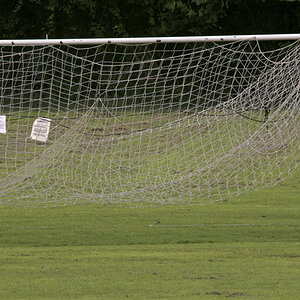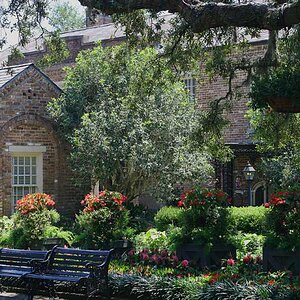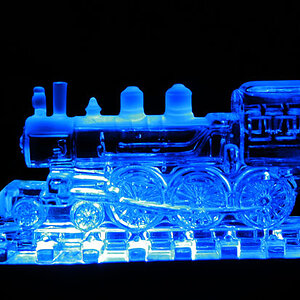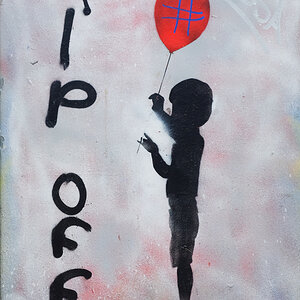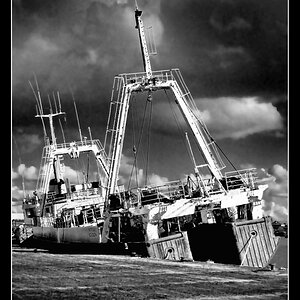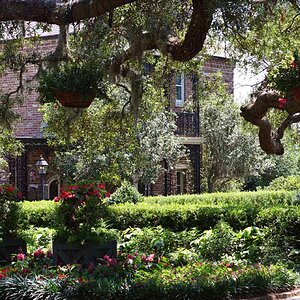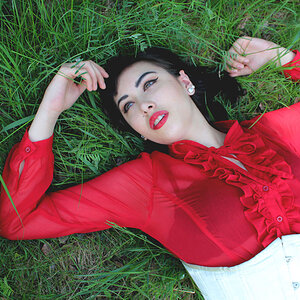Hello All! I just got into photography about 6 months ago. My friend is dj'ing a music festival and he was able to bring me along to shoot his set. I know i probably wont be allowed on stage when the headlining dj comes on,so I'm not hoping for that.I should able to get good picks from the pit though so i have that.The party starts at 4pm And ends around 12am , i just bought equip i thought i would need(Mono pod,Extra memory,extra battery),and i have a couple of primes and and a set of kit lenses that came with the body.anything i should know before jumping in there?
Location: Governors Island N.Y
Time : 4pm-12am
---Nikon D3400---
15-55mm f/3.5-5.6g
70-300mm f/4.5-6.3g
35mm f/1.8g
50mm f/1.8g
opteka 85mm f/1.8
Location: Governors Island N.Y
Time : 4pm-12am
---Nikon D3400---
15-55mm f/3.5-5.6g
70-300mm f/4.5-6.3g
35mm f/1.8g
50mm f/1.8g
opteka 85mm f/1.8



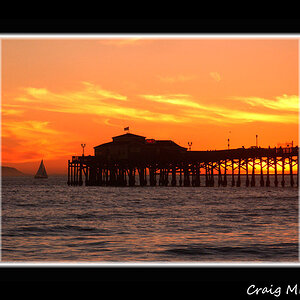
![[No title]](/data/xfmg/thumbnail/32/32149-c054b73653367ec806ccbf8e7c0646d9.jpg?1619735233)
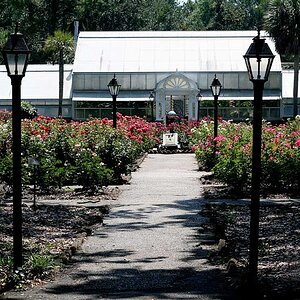
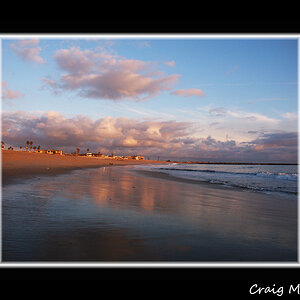
![[No title]](/data/xfmg/thumbnail/32/32156-d6cfe2865ceed861a0633752a006ea20.jpg?1619735234)
